Ghana abolishes the death penalty
It joins a growing list of African countries which are turning away from capital punishment
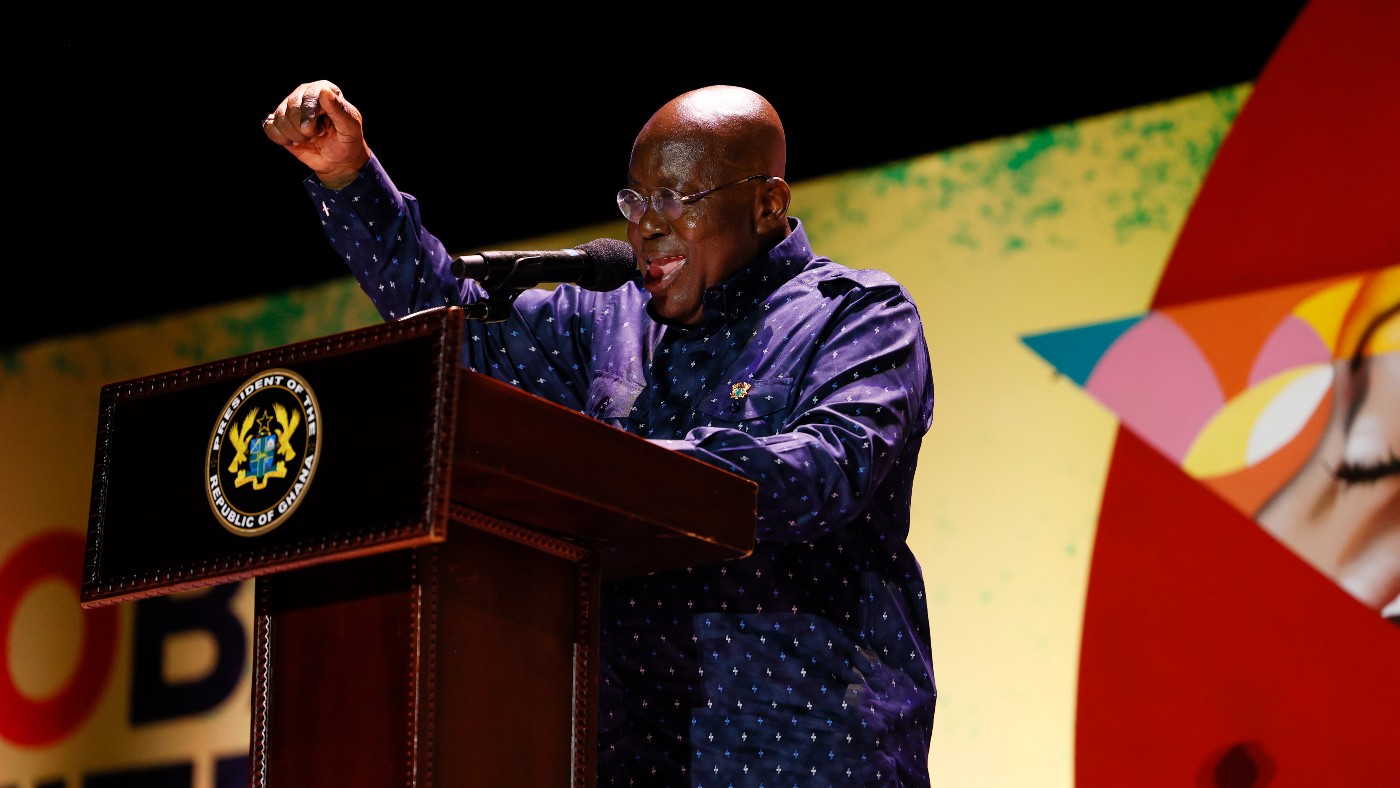
A free daily email with the biggest news stories of the day – and the best features from TheWeek.com
You are now subscribed
Your newsletter sign-up was successful
Ghana’s parliament has voted to abolish the death penalty, offering a reprieve for 176 prisoners currently on death row in the country.
These prisoners are kept in poor conditions, some have reported poor legal representation, and have been forced to share “just seven toilets”, said Amnesty International.
Nsawam Prison, home to Ghana’s death row, was criticised by the human rights organisation back in 2017, following allegations of overcrowding, poor ventilation and lack of hygiene.
The Week
Escape your echo chamber. Get the facts behind the news, plus analysis from multiple perspectives.

Sign up for The Week's Free Newsletters
From our morning news briefing to a weekly Good News Newsletter, get the best of The Week delivered directly to your inbox.
From our morning news briefing to a weekly Good News Newsletter, get the best of The Week delivered directly to your inbox.
Abdul Halik Hamza, a death row prisoner, pleaded not guilty to murder at his trial, claiming he attempting to defuse a fight in which a man was killed. The conditions at Nsawam, coupled with the prospect of death for his crimes, was almost too much to bear.
“I have cried a lot. Three days I did not eat,” he told Joy News. “When the judge said ‘I sentence you to death by hanging’, I didn’t even feel myself in the court.”
But Ghana has now become the 29th country in Africa to outlaw the death penalty, and the 124th globally, according to the London-based NGO Death Penalty Project.
Having carried out its last execution in 1993, Ghana was considered as abolitionist in practice, but it has still been imposing death sentences for serious crimes. The penalty has been the “mandatory punishment” for murder, the project added, leaving no chance of a lesser sentence for those found guilty of the offence.
A free daily email with the biggest news stories of the day – and the best features from TheWeek.com
The history of the death penalty in Ghana, and the African continent at large, is a long and complex one. It is part of a “grim colonial legacy that lingers on”, Dior Konaté, professor of African history at South Carolina State University, wrote in The Guardian in 2021.
At the height of the colonial period, while the death penalty was being abandoned in Europe, it soon found “fertile ground” in Africa, as a “tool of colonial repression and racism”, Konaté continued.
The death penalty was “deeply rooted in racism”, often “politicised and weaponised” by judges to meet their own prejudiced ends, she added. Although colonialism is no more, racial bias remains, especially in countries where the death penalty is still upheld.
Other factors are often brought heavily to bear on those sentenced to death. These criminals can be “vulnerable individuals from deprived backgrounds, who have often experienced deep personal trauma”, Francis-Xavier Kojo Sosu, the MP behind the bill to abolish capital punishment, told The Guardian. He stressed he was keen to stop the courts from imposing “an inhuman punishment”.
The Death Penalty Project worked with Sosu to get the law changed. Saul Lehrfreund, co-director of the project, was keen to dispel some of the common defences of the death penalty in a blog for Oxford University.
He said the “commonest justification” for the policy was that it acted as a “unique deterrent” for others. However, the project discovered that capital punishment “does not deter murder to a marginally greater extent than does the threat or application of life imprisonment”.
As Ghana abolishes the death penalty, there has been a marked shift away from capital punishment in Africa. “We are seeing a downward trend,” Muleya Mwananyanda, regional director for Eastern and Southern Africa at Human Rights Watch, told Deutsche Wells. “The death penalty is no longer popular on the continent.” Other nations to have outlawed capital punishment recently include Zambia, Equatorial Guinea, the Central African Republic and Sierra Leone.
Despite this, the number of recorded death sentences across the continent “increased by 22% last year”, the news website added. There remains a long way to go for nations across the world to fully erase the death penalty and ensure it is not “enshrined in legislation”.
The next step is for Ghana to formally recognise the abolition. Despite its parliament voting unanimously, President Nana Akufo-Addo “still has to assent for the law to take effect”, said Reuters. This, however, is likely to be a formality.
Criminals who were on death row are likely to have their sentences commuted to life imprisonment. But the decision to halt capital punishment will not only impact those on death row. It will also have wider implications for years to come.
It is a “momentous event”, said Pulse Ghana’s Evans Effah. “As the world watches, Ghana’s progressive stance on abolishing the death penalty sets an inspiring example for nations worldwide.”
Rebekah Evans joined The Week as newsletter editor in 2023 and has written on subjects ranging from Ukraine and Afghanistan to fast fashion and "brotox". She started her career at Reach plc, where she cut her teeth on news, before pivoting into personal finance at the height of the pandemic and cost-of-living crisis. Social affairs is another of her passions, and she has interviewed people from across the world and from all walks of life. Rebekah completed an NCTJ with the Press Association and has written for publications including The Guardian, The Week magazine, the Press Association and local newspapers.
-
 ‘Poor time management isn’t just an inconvenience’
‘Poor time management isn’t just an inconvenience’Instant Opinion Opinion, comment and editorials of the day
-
 Bad Bunny’s Super Bowl: A win for unity
Bad Bunny’s Super Bowl: A win for unityFeature The global superstar's halftime show was a celebration for everyone to enjoy
-
 Book reviews: ‘Bonfire of the Murdochs’ and ‘The Typewriter and the Guillotine’
Book reviews: ‘Bonfire of the Murdochs’ and ‘The Typewriter and the Guillotine’Feature New insights into the Murdoch family’s turmoil and a renowned journalist’s time in pre-World War II Paris
-
 The spiralling global rice crisis
The spiralling global rice crisisfeature India’s decision to ban exports is starting to have a domino effect around the world
-
 Netanyahu’s reforms: an existential threat to Israel?
Netanyahu’s reforms: an existential threat to Israel?feature The nation is divided over controversial move depriving Israel’s supreme court of the right to override government decisions
-
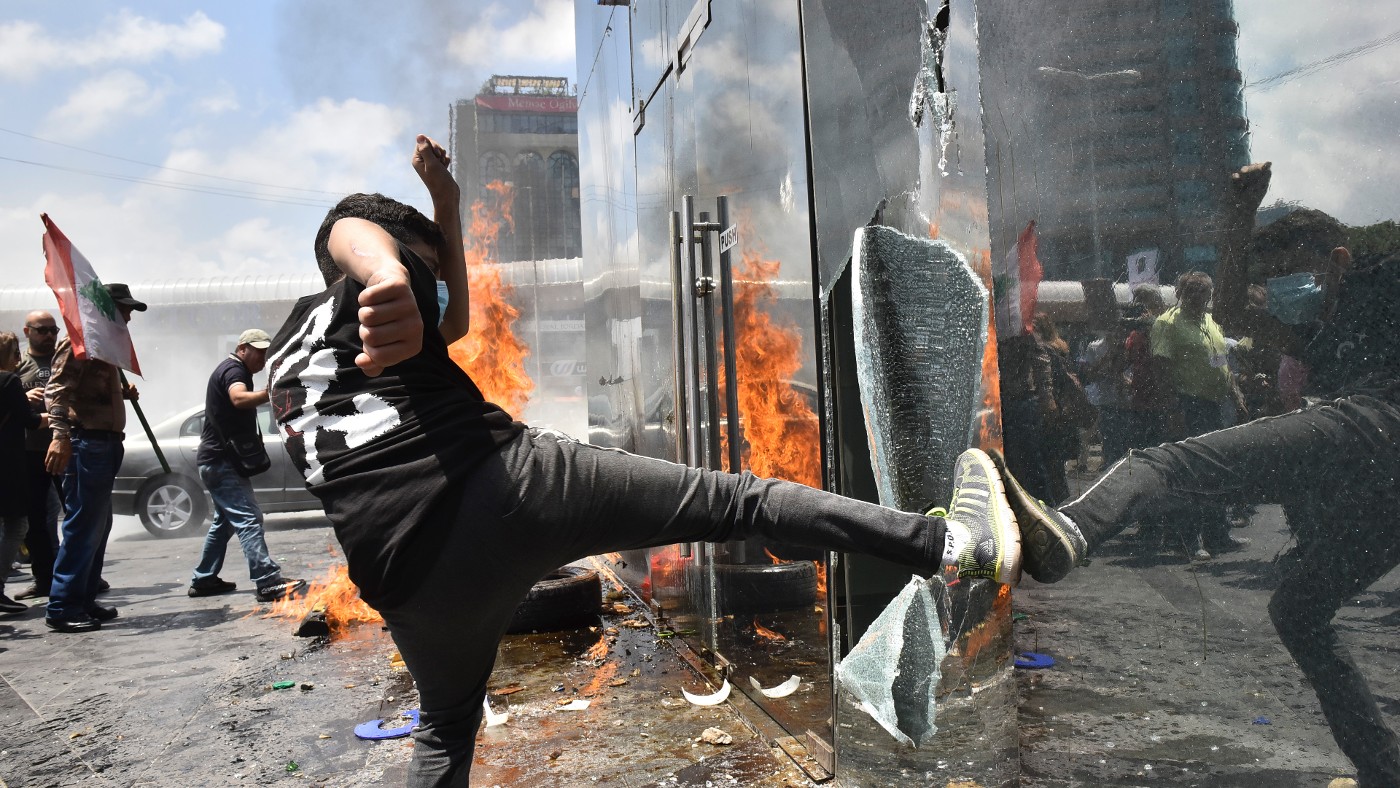 A country still in crisis: Lebanon three years on from Beirut blast
A country still in crisis: Lebanon three years on from Beirut blastfeature Political, economic and criminal dramas are causing a damaging stalemate in the Middle East nation
-
 EU-Tunisia agreement: a ‘dangerous’ deal to curb migration?
EU-Tunisia agreement: a ‘dangerous’ deal to curb migration?feature Brussels has pledged to give €100m to Tunisia to crack down on people smuggling and strengthen its borders
-
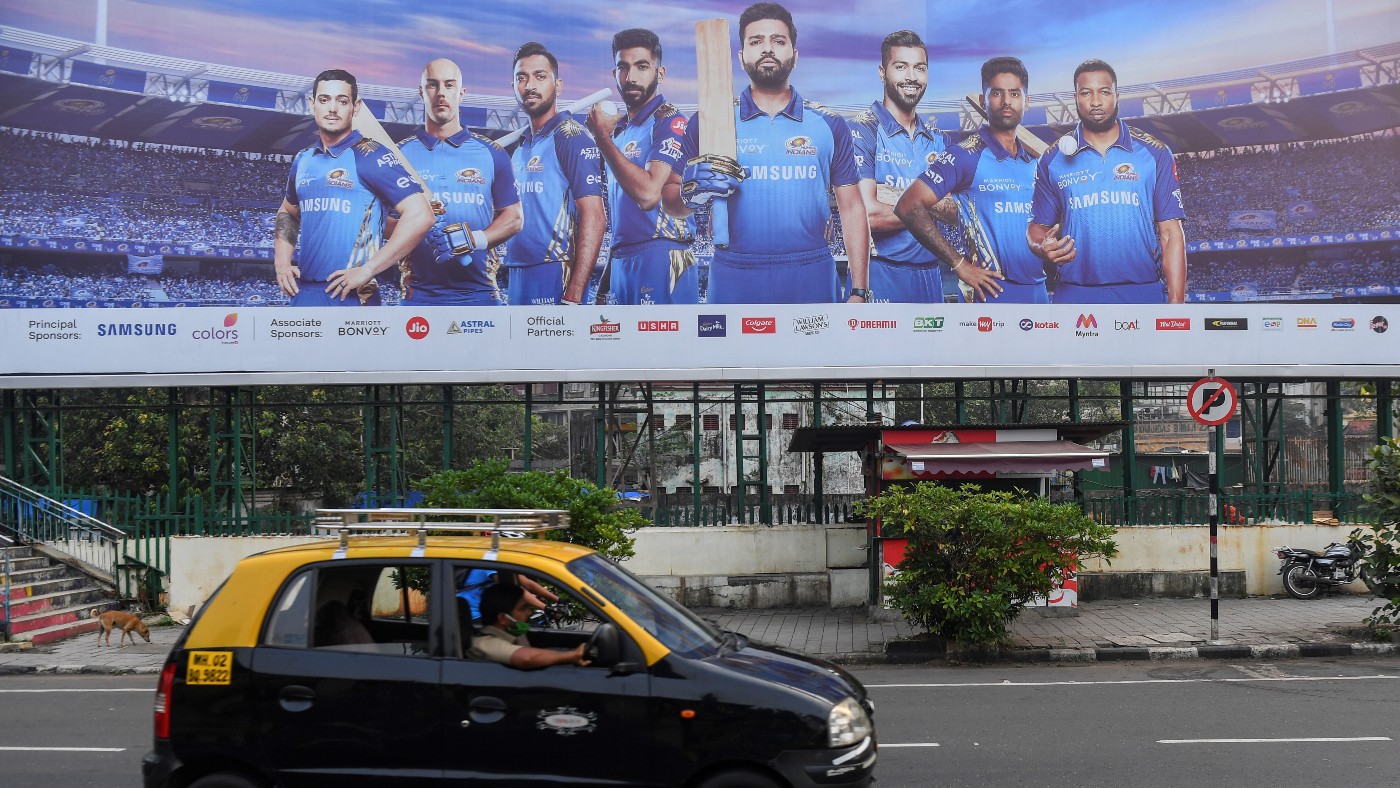 The sinister side to India’s fantasy gaming craze
The sinister side to India’s fantasy gaming crazefeature Fantasy gaming is booming in India, despite the country's ban on gambling
-
 China’s ‘sluggish’ economy: squeezing the middle classes
China’s ‘sluggish’ economy: squeezing the middle classesfeature Reports of the death of the Chinese economy may be greatly exaggerated say analysts
-
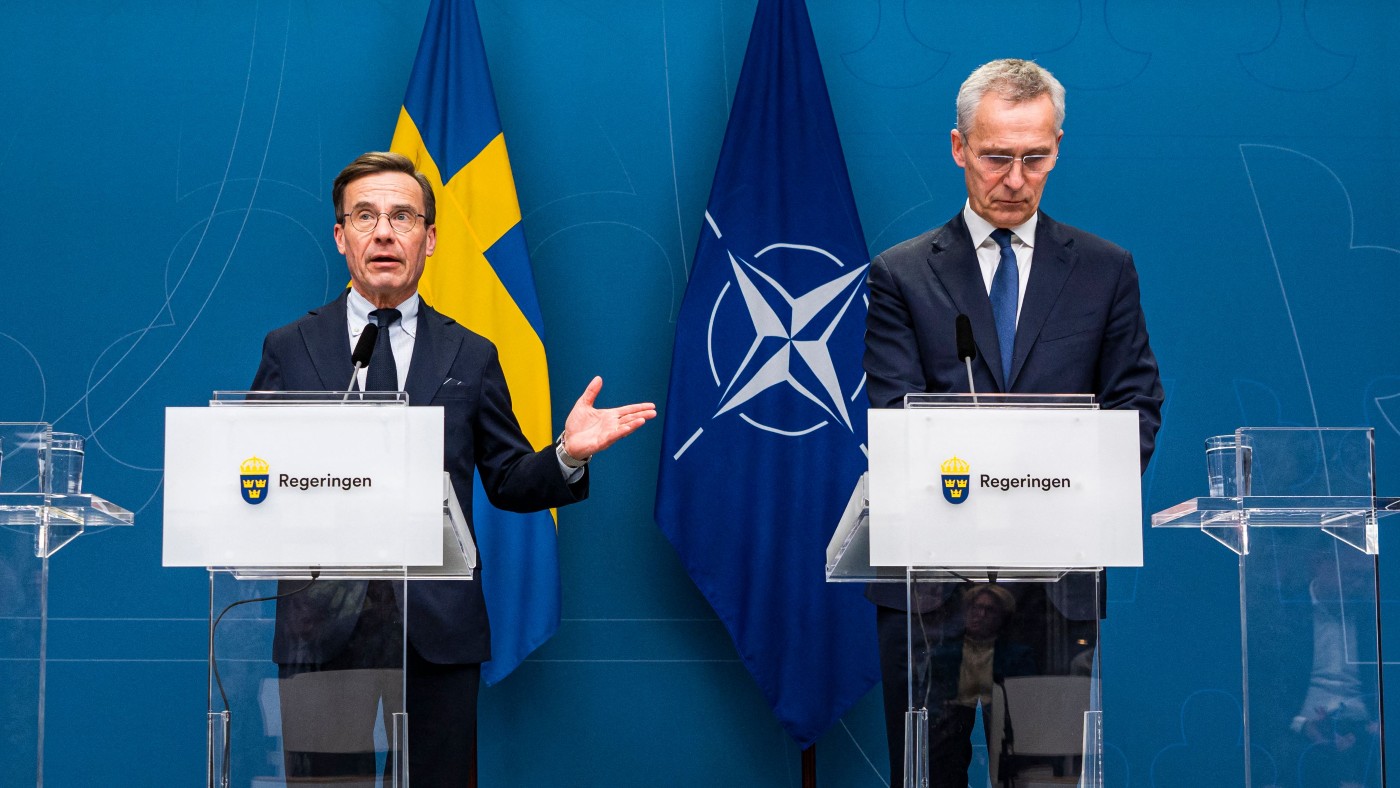 Non-aligned no longer: Sweden embraces Nato
Non-aligned no longer: Sweden embraces Natofeature While Swedes believe it will make them safer Turkey’s grip over the alliance worries some
-
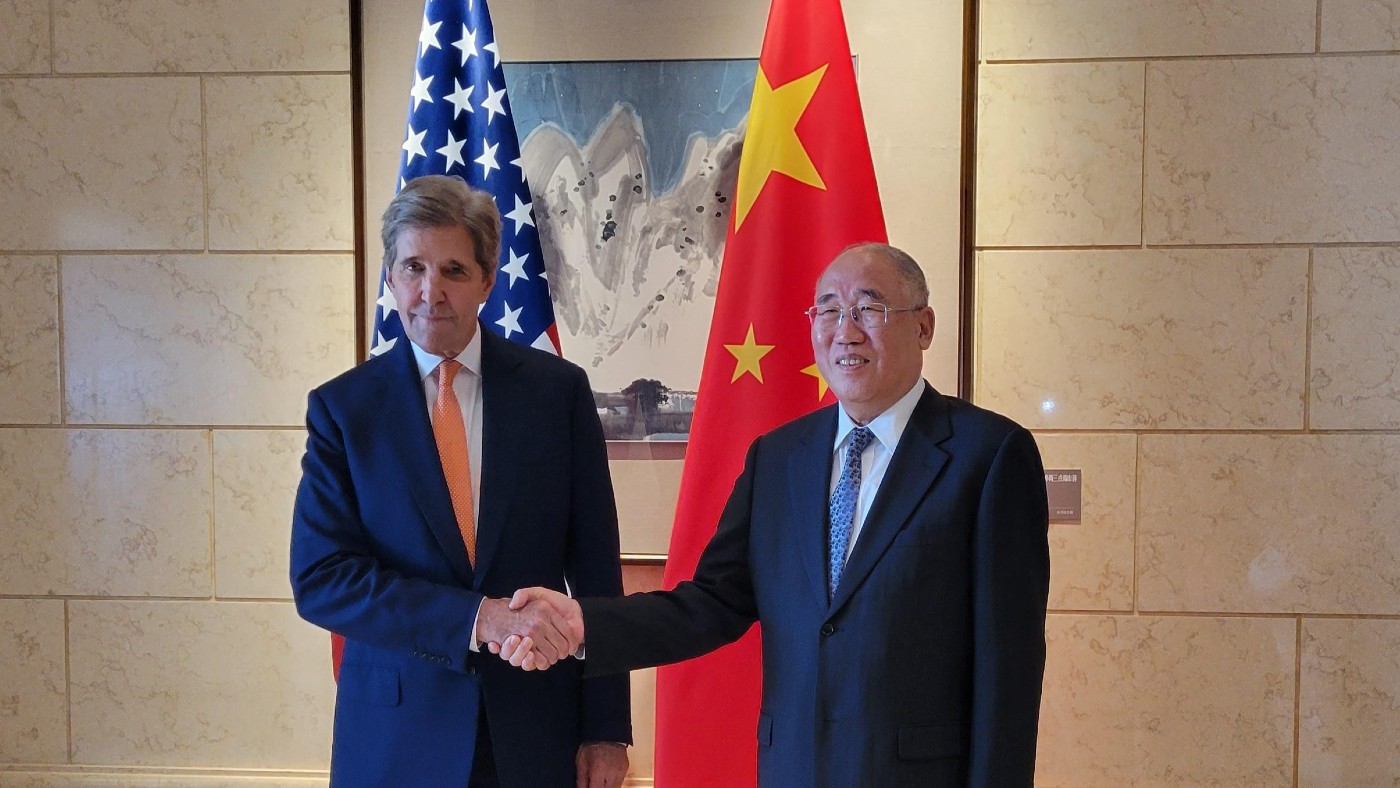 John Kerry in Beijing: how red China is turning green
John Kerry in Beijing: how red China is turning greenfeature Climate talks set to resume between Washington and Beijing this week